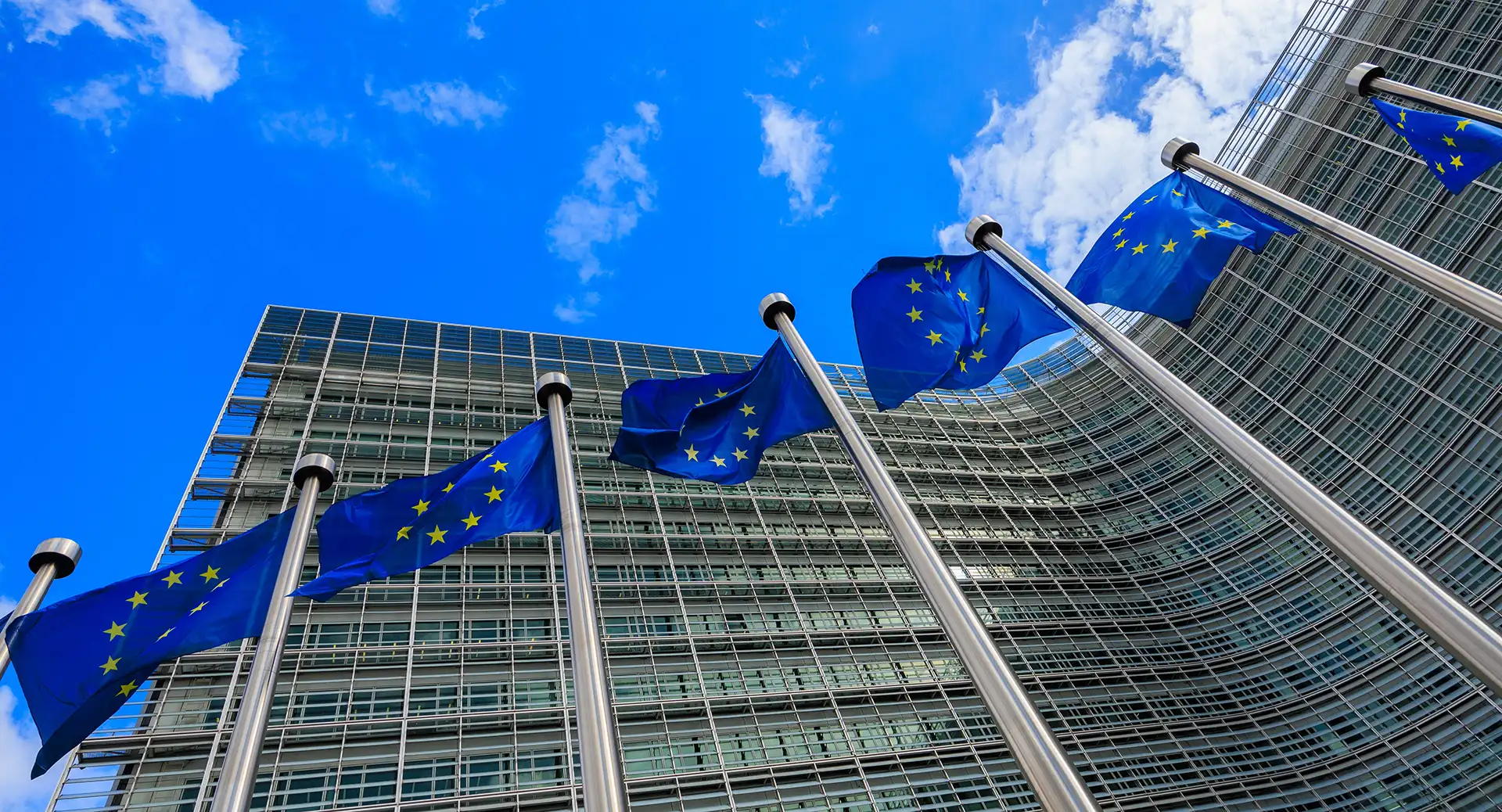The European Union has released key information ahead of the upcoming launch of the European Travel Information and Authorisation System, also known as ETIAS. This new system will apply to travelers visiting Schengen countries for short stays and is expected to begin operation in the last quarter of 2026.
What Is ETIAS?
ETIAS Europe is not a visa, but a travel authorisation required for citizens of visa-exempt countries. If you’re from the United States, Canada, Australia, or other eligible countries, you’ll need to apply for an EU ETIAS before visiting the European countries that fall under the ETIAS Schengen area.
This new system will allow travel for up to 90 days within any 180-day period for tourism, family visits, or business meetings. Once operational, applications will be submitted online.
The ETIAS system is not yet in effect. At this time, travelers don’t need to take action. The EU confirms that more updates will be shared.
You will need an ETIAS travel authorisation if all the following apply:
- You are not an EU national,
- You are from a country that currently does not require a visa to enter Europe,
- You do not hold a residence permit, card, or document from a European country requiring ETIAS.
Each traveler, including children, must apply separately. The ETIAS is non-transferable and linked to your passport.
ETIAS only permits short-term travel. It does not allow work or long-term study, and it is not a visa or residence permit. For stays longer than 90 days, a separate traditional visa is still required.
If you already hold a valid visa, you do not need ETIAS. Also, having ETIAS doesn’t guarantee entry, as travelers remain subject to border checks upon arrival.
ETIAS is electronically linked to your passport and remains valid for three years or until your passport expires, whichever comes first. If your passport changes, you must apply again.
Applications can be submitted by the traveler or by someone else, such as a friend, family member, or travel agent. The ETIAS cost or ETIAS price will apply at the time of application, and some travelers (like those under 18 or over 70) may be exempt.
Most applications will be processed within minutes, though some may take up to 96 hours. In some cases, additional documents or even an interview may be required, which could take up to 30 days to process.
Travelers will receive confirmation by email, and the EU strongly advises waiting for approval before booking flights or hotels.




























































































































































































































